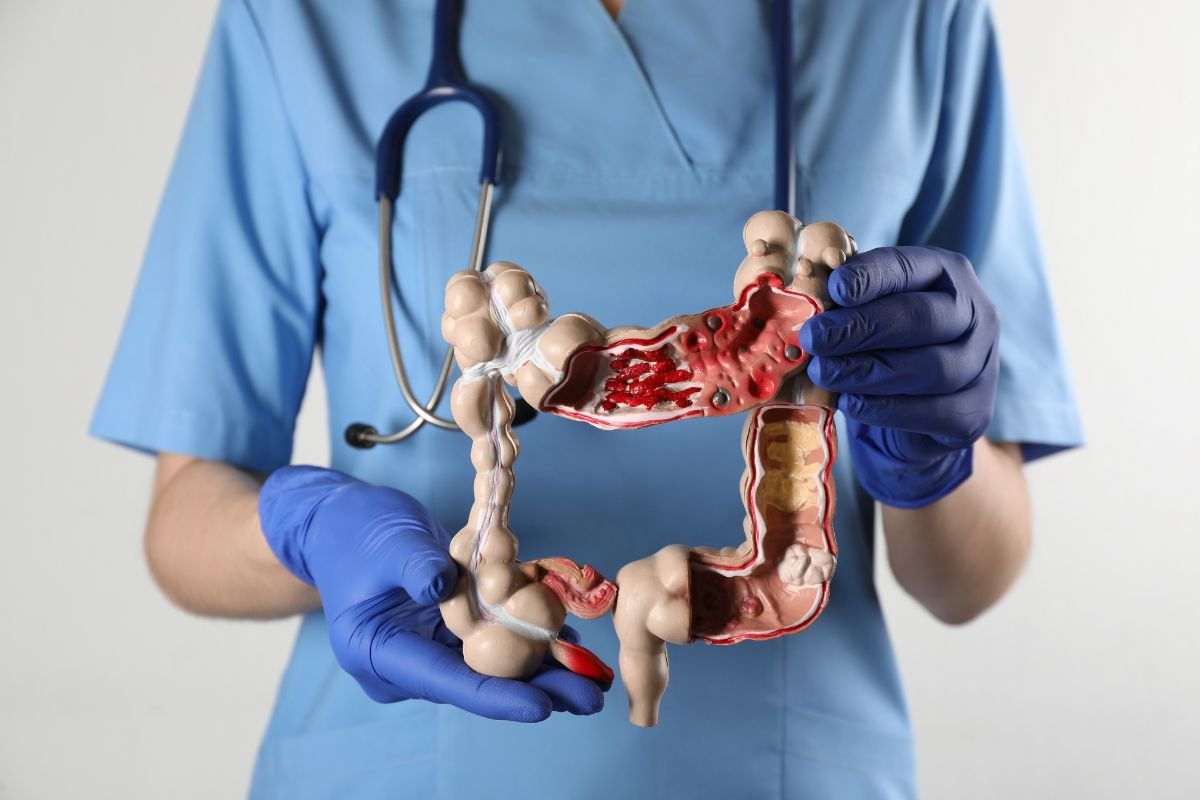Colorectal cancer is particularly aggressive: but with this simple test it can be discovered early
In a world of constant medical research evolution, Colorectal cancer screening emerges as a fundamental tool for the prevention and early diagnosis of one of the most widespread oncological diseases. With this test carried out cyclically, one of the most aggressive and lethal forms of cancer can be prevented.
Colorectal cancer represents a significant public health challenge worldwide. According to the World Health Organization, it is one of the most common cancers, with over a million new cases diagnosed each year. However, one of the keys to combating this disease is the implementation of effective screening programs.
Colorectal cancer screening aims to detect precancerous lesions or early stage cancer when the chances of treatment and recovery are maximum. This is crucial, considering that the disease often progresses asymptomatically in the early stages. With targeted and cyclical checks it is possible to anticipate the onset of this disease or discover it at its inception. And as we well know, in neoplastic and tumor pathologies, the time factor plays a fundamental role.
Several screening approaches are available, each with specific advantages. Colonoscopy, for example, is considered the most accurate option, allowing doctors to directly inspect the colon at search for polyps or tumors. However, other methods, such as fecal occult blood tests or sigmoidoscopy, offer less invasive alternatives.
And that’s right the search for occult blood in the feces a key screening to combat colorectal cancer. People, women and men aged 50 to 74 are invited every two years to collect a sample of their stool, for the analysis of the possible presence of occult blood. Out of 100 people who take the test, 5 or 6 may test positive Due to the presence of blood in the stool for various causes (e.g. fissures, diverticula, etc.), it is very important to check whether the blood comes from any polyps.
With continuous technological advances, new tools and approaches emerge to improve the effectiveness of screening. Research focuses on developing more precise blood tests, telemedicine to increase accessibility, and integrating artificial intelligence for faster and more accurate diagnosis.
Despite progress, several challenges persist, including population adherence to screening and disparities in access to procedures. Information campaigns, educational programs and improved accessibility can help overcome these obstacles and make screening more widespread and effective.
